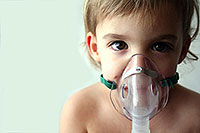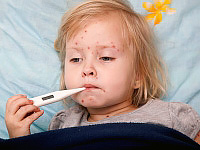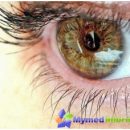The main problem of autism is not a delayed diagnosis, and the social isolation of a person with a diagnosis «autism». Treatment consists in ordering the child's life
Content
 Autism — mental illness. The main manifestation of autism — Delay in the mental development of the child. In fact, this is manifested in difficulties with the establishment of social contacts: it is difficult for the child to explain what he wants, he behaves inadequately age, he has difficulty with speech and «Strange» behavior.
Autism — mental illness. The main manifestation of autism — Delay in the mental development of the child. In fact, this is manifested in difficulties with the establishment of social contacts: it is difficult for the child to explain what he wants, he behaves inadequately age, he has difficulty with speech and «Strange» behavior.
The problem of autism lies not only and not so much in those difficulties that you have to overcome the child. Unfortunately, the Russian society is wary of any «Otherness», Including autism manifestations. What can be done to help the child become a full-fledged member of society and find its place in life?
As such, the treatment of autism is absent. Autism is not diagnosed with intrauterine or at birth. Disease manifestations can only be traced during permanent communication with the child.
The problem of early diagnosis of autism
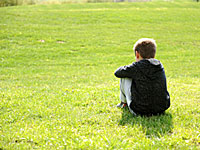 Most often the diagnosis is placed in the first two years of the child's life. The earlier the parents and pediatricians were identified autism, the more effective. That is why it is very important to communicate with families where there are children-peers. Young parents, especially those having a firstborn, are usually blindly in love with their child and an important sympathetic can miss.
Most often the diagnosis is placed in the first two years of the child's life. The earlier the parents and pediatricians were identified autism, the more effective. That is why it is very important to communicate with families where there are children-peers. Young parents, especially those having a firstborn, are usually blindly in love with their child and an important sympathetic can miss.
It is necessary to immediately contact the pediatrician for the diagnosis, if the child has the following symptoms «Unusual»:
- The child does not respond to his name;
- not gulitis and does not mean 12 months old;
- Does not smile in other people;
- prefers loneliness to any communication;
- does not say phrases from two words to age two years;
- does not fulfill the instructions of adults;
- hard looks into the eyes;
- Reacts with increased excitement for ordinary children irritants: loud sounds, animals, smells.
Manifestations of early signs of autism may include a child's desire to organize the world around them. However, this kid easier to block and «get into yourself», than trying to change the surrounding because his main problem — difficulty explaining what he really wants.
Autism: Treatment and Support
The problem of autism in our country is mainly concerned only by parents of children with this diagnosis. Helps them, first of all, overseas experience. In North America and Europe, a car-autistist is not excluded from society as defable. It is considered no more than special — like any child having a set of individual traits that distinguish it from all other people on the planet.
Treatment of the disease is the more effective than before autism detected. First of all, the help of the child will be to actively develop his skills of communication.
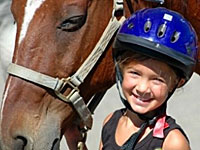 It should be remembered that the kids-autists are the easiest way to exist in conditions of strict orderliness and predictability. So everyone surrounding such a child adults should not do anything new suddenly. If you need to enter a new element in the life of a child, it should be done smoothly and gradually. Frightened authist can behave enough rapidly, fall into hysterics and get sick after nervous shocks.
It should be remembered that the kids-autists are the easiest way to exist in conditions of strict orderliness and predictability. So everyone surrounding such a child adults should not do anything new suddenly. If you need to enter a new element in the life of a child, it should be done smoothly and gradually. Frightened authist can behave enough rapidly, fall into hysterics and get sick after nervous shocks.
People suffering from autism are most often incapable of empathy. But contrary to the common myth, autists do not prefer loneliness to social contacts. By virtue of their peculiarities, they simply find it difficult to start and maintain communication, therefore it is easier to not enter into cooperation. But all the surveyed authists sooner or later admitted that they would prefer to be with someone who shares with them warm and able to understand them than to stay in their isolation.
Therefore, it is extremely important, starting the care of the child of an autista, with its own example, to teach him to communicate with others, both with children and with adults. With due parent support and daily development efforts, a child with a diagnosis «autism» grows quite ordinary adults, which is only a little more complicated than most, establish communication.



